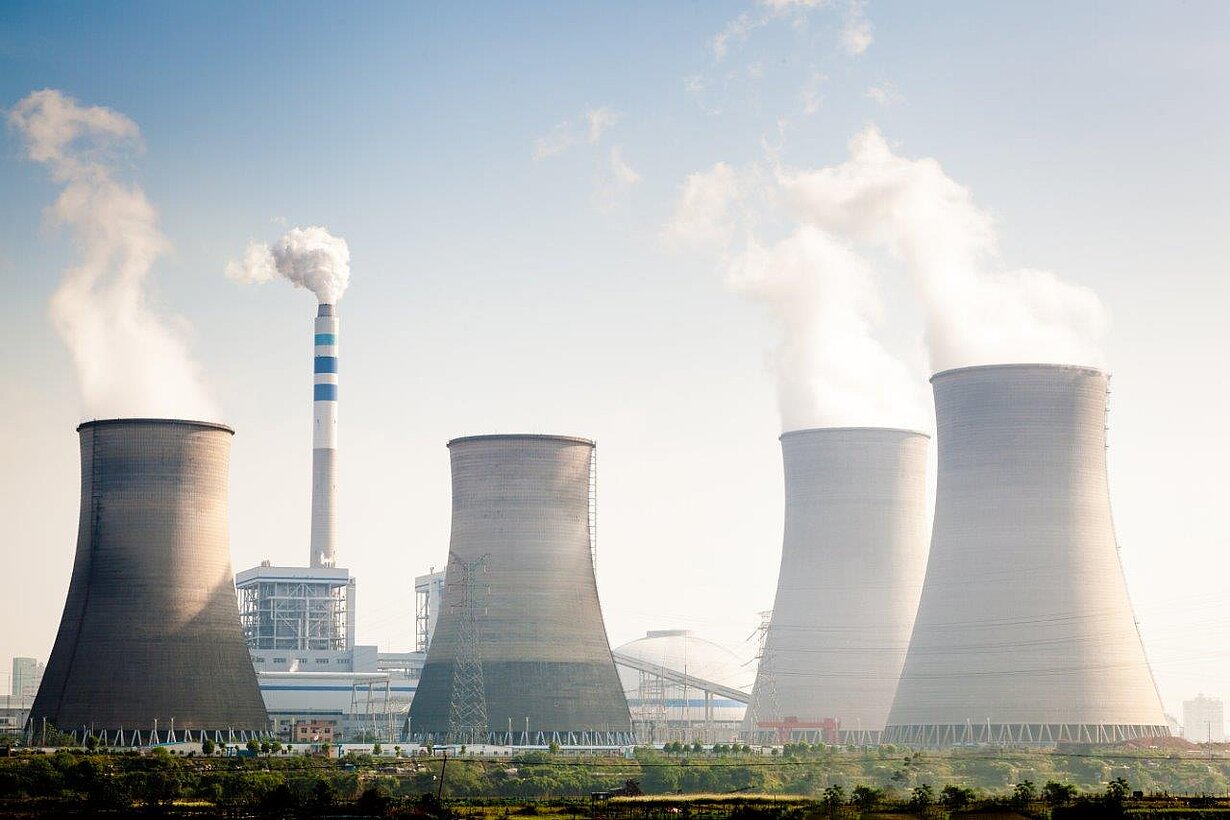Episode 70: Low electricity prices due to nuclear power?
The days of German nuclear power are numbered. The last three nuclear power plants are scheduled to go offline in mid-April 2023. The German nuclear phase-out, first initiated under the Red-Green government at the beginning of the millennium, is thus finally to be completed.
But now a last resistance of opinion is rearing its head: Even the Tagesthemen (source: Kerstin Palzer, Das Erste, 07.03.2023) spoke out against the final exit from nuclear energy in a commentary. The reason: the higher electricity costs that would allegedly result from shutting down the last three nuclear reactors would intensify the omnipresent energy crisis.
Our podcast guest Stefan Krauter, professor for "Electrical Energy Technology (EET)" at the University of Paderborn, disagrees: The German nuclear power plants already do not contribute (anymore) to lower electricity prices in times of high feed-in of renewable energies. A comparison with French nuclear power plants shows that they are highly subsidized. Apart from high construction costs for new NPPs, few final storage sites for radioactive fuel rods and the safety issue (Fukushima/Chernobyl), nuclear power plants are anyway incompatible with fluctuating green power. In short, it is very difficult to regulate. In addition, he said, the production of green hydrogen is not a realistic option because electrolysers and fuel cells are still too unprofitable and ineffective.
According to Krauter's research on "sustainable energy concepts for the energy turnaround," the green energy mix of sun, wind, water, biogas and geothermal energy would be sufficient to cover 100% of Germany's electricity needs in as little as 10-15 years. This will require a massive expansion of green power generators, power grids (transmission lines) and storage capacities (including batteries). In addition, there would be a sector coupling, which would also enable energy savings.
Related Links: https://www.tagesschau.de/ausland/europa/atomkraft-eu-101.html

